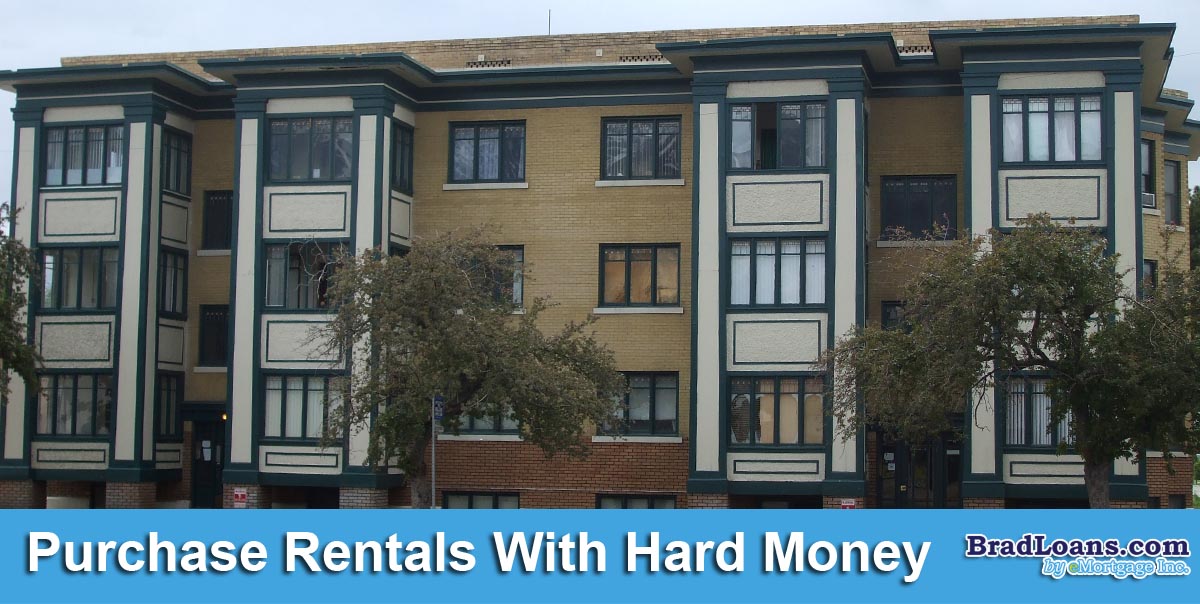
The economy can have a significant impact on hard money loans, just as it does on traditional lending and financial markets. Hard money loans are typically short-term, asset-based loans that are often used by real estate investors and borrowers who may not qualify for traditional bank financing. Here’s how the economy can influence hard money loans:
- Interest Rates: Economic conditions, especially changes in central bank interest rates, can affect the interest rates on hard money loans. When the economy is booming and central banks raise interest rates to control inflation, hard money loan rates may also increase. Conversely, during economic downturns, interest rates may decrease.
- Credit Availability: In a strong economy, borrowers may have an easier time obtaining traditional bank loans, which offer lower interest rates and longer terms compared to hard money loans. However, during economic downturns or credit market crises, banks may tighten lending standards, making it more challenging for borrowers to qualify for bank loans and increasing the demand for hard money loans.
- Property Values: The overall economic health can influence property values, impacting the collateral used to secure hard money loans. In a strong economy, property values tend to rise, potentially providing more valuable collateral. In a weaker economy, property values may stagnate or decline, affecting the loan-to-value (LTV) ratio and the terms of hard money loans.
- Loan Terms: Economic conditions can affect the terms of hard money loans, including loan-to-value ratios, interest rates, and loan duration. During economic uncertainty or downturns, hard money lenders may be more conservative and reduce LTV ratios, increase interest rates, or offer shorter loan terms to mitigate risk.
- Borrower Demand: Economic factors can influence the demand for hard money loans. During economic booms, real estate investment and development projects may increase, driving up the demand for hard money loans. In contrast, during economic downturns, demand for hard money loans may decline as investment opportunities become scarcer.
- Lender Risk Tolerance: Hard money lenders are private individuals or entities, and their risk tolerance can be influenced by economic conditions. In prosperous economic times, lenders may be more willing to take on riskier projects or offer more favorable terms. During economic uncertainty, they may become more risk-averse and impose stricter lending criteria.
- Availability of Funds: Economic factors can affect the availability of funds for hard money lenders. When the economy is doing well, lenders may have more capital to invest in loans. Economic downturns can impact their ability to raise funds for lending, potentially reducing the supply of hard money loans.
It’s important to note that hard money loans are generally less influenced by economic conditions compared to traditional bank loans because they are primarily asset-based and focus on the value of the collateral. Borrowers who cannot qualify for traditional loans or need a quick financing solution may turn to hard money lenders, regardless of economic conditions.
Borrowers and investors considering hard money loans should carefully assess their financial situation, the potential risks, and the terms offered by lenders, especially in light of current economic conditions. Additionally, it’s advisable to work with reputable hard money lenders who have a history of responsible lending practices.
Hard Money Loan Rates
Hard money loan rates typically ranged from 7% to 15% or more, with some lenders charging even higher rates for riskier loans.
It’s essential to understand that hard money loans are often considered riskier than traditional bank loans, and as a result, they tend to have higher interest rates. To get the most accurate and up-to-date information on hard money loan rates, you should contact several hard money lenders in your area or conduct online research.
When inquiring about hard money loan rates, keep in mind that lenders may consider the following factors in determining the rate:
- Credit History: Some hard money lenders may take the borrower’s credit history into account, but this is generally less important than the property’s value and the loan’s LTV ratio.
- Property and Location: The type of property and its location can affect the interest rate. Lenders may charge different rates for residential properties, commercial properties, or properties in different regions.
- Loan-to-Value (LTV) Ratio: The LTV ratio, which is the ratio of the loan amount to the appraised value of the property, is a crucial factor. Lower LTV ratios (meaning the borrower is providing a larger down payment) may result in lower interest rates.
- Market Conditions: Economic conditions, local real estate market conditions, and lender competition can all influence hard money loan rates.
- Lender Policies: Different hard money lenders have different policies and risk assessments, which can lead to variations in the rates they offer.
To get the most accurate and up-to-date rates, reach out to hard money lenders directly, compare offers from multiple lenders, and thoroughly review the terms and conditions of each loan. Be prepared to provide details about your project, the property, and your financing needs to receive the most accurate rate quotes.
Please note that my information is based on the state of the industry as of September 2021, and market conditions may have changed since then. It’s important to do your due diligence and work with a reputable and experienced hard money lender to secure the most suitable loan for your specific situation.
Give us a call today if you are interested in hard money loans for fix and flip, finishing construction, refinancing your mortgage, buying land, or need loans for other investment opportunities but have bad or no credit. Give Brad Loans a call today at (602) 999-9499.





